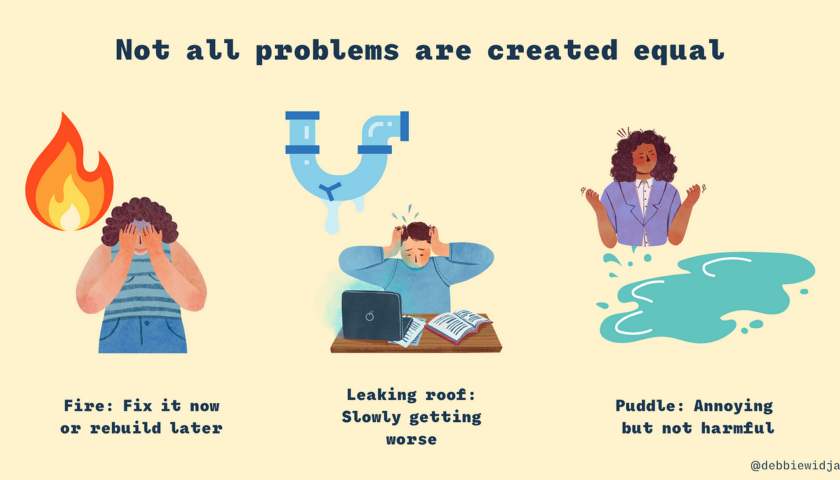Reading time: 5 min
Once you have passed the written examination, life can seem a little flat for a while. Congratulate yourself, take a breath – but try not to lose your momentum. Remember that this is not an interview but is an oral examination and, like any other examination; you need to revise and prepare for it thoroughly. And, as with other exams, there are strategies that you can adopt that may help you with this.
Purpose of the Viva Voce Examination.
Literally, “viva voce” means by or with the living voice – i.e., by word of mouth as opposed to writing. So the viva examination is where you will give verbal answers to the questions. The purpose of the viva examination is to:
- Confirm that you understand and can explain and discuss subject verbally
- Investigate your awareness of the practical aspects of the subject.
The oral exam is normally scheduled to take place between 2 to 4 weeks after examination. This generally gives sufficient time to shift strategy and prepare for a different format of examination. Remember that the questions that you are asked may not be the same as the ones that you were asked in your examination. Indeed, answering questions under pressure and constant gaze of examiner would be a different game altogether.
TIP # 1: Preparation for Oral Examination.
There are a number of strategies that may help you to prepare for your oral exam so that you have some idea what to expect. Some of these are:
- Discuss with your instructor the issues that you feel are likely to be pursued by your examiners during the Viva.
- Talk to colleagues who have successfully gone through their viva and seek their advice.
- Understand the principle and remember the keywords for subtopics and practice explaining them to your friend. This can be part of mock viva also. Probably the best time to do this is around 1 week before the date scheduled for your viva voce.
- Look upon the mock viva, not as a rehearsal of the questions examiners will ask, but as an opportunity to become comfortable fielding questions under pressure that are designed to test your knowledge.
Vayu Academy @ www.vayuacademy.com has prepared online VIVA package of Frequently Asked Questions to guide you through the period between written examination and your oral examination.
TIP # 2: Format of Oral Examination.
- Candidates can expect three to four examiners comprising of representatives from Civil Aviation Agency and senior pilot from National Airline to be present for the examination.
- Oral Examination typically lasts around 45 min but it may take less time, and sometimes takes more time. A long examination does not necessarily mean that you have not passed – it could just mean that you and examiners had some discussion through which some interest was generated.
- During the exam, you would be required to explain, compare, or draw aeronautical terms, definitions, or systems.
- Every viva examination is different, so it is not possible to know in advance exactly what the examiners will ask you. So the best approach is to prepare for it in a planned manner.
- Ask for clarification of ambiguous questions or ask for the question to be repeated if necessary.
- Take time to think before answering.
- Be prepared to ask questions and enter into a dialogue with your examiners.
- Be ready to admit if you don’t know the answer to a question.
- Be prepared to express opinions of your own.
- Another tip is to try to maintain eye contact with the examiners as appropriate – don´t look at the floor or out of the window for long periods.
- During viva, your strengths and weaknesses will be exposed. It is essential that you do not get perturbed by what you do not know. Rather demonstrate your willingness to learn and understand. Do not interpret criticism as an indication of a possible negative outcome.
- Examiners have different personalities, styles, and levels of experience. Sometimes a candidate may feel that a challenge is made in a confrontational way. Experienced, effective examiners will not be inappropriately confrontational, but some will. Do not take offense. A relaxed, thoughtful, and non-confrontational response from you will help re-balance the discussion.
- You are not expected to have perfect recall of your subject and everything that you have read and done. If you forget something or make mistakes your examiners will understand. They have been in your situation themselves.
- Do not expect the examiners to tell you the outcome of your examination at the end of your viva voce.
TIP # 3: During the Viva.
- Ask for clarification of ambiguous questions or ask for the question to be repeated if necessary.
- Take time to think before answering.
- Be prepared to ask questions and enter into a dialogue with your examiners.
- Be ready to admit if you don’t know the answer to a question.
- Be prepared to express opinions of your own.
- Another tip is to try to maintain eye contact with the examiners as appropriate – don´t look at the floor or out of the window for long periods.
- During viva, your strengths and weaknesses will be exposed. It is essential that you do not get perturbed by what you do not know. Rather demonstrate your willingness to learn and understand. Do not interpret criticism as an indication of a possible negative outcome.
- Examiners have different personalities, styles, and levels of experience. Sometimes a candidate may feel that a challenge is made in a confrontational way. Experienced, effective examiners will not be inappropriately confrontational, but some will. Do not take offense. A relaxed, thoughtful, and non-confrontational response from you will help re-balance the discussion.
- You are not expected to have perfect recall of your subject and everything that you have read and done. If you forget something or make mistakes your examiners will understand. They have been in your situation themselves.
- Do not expect the examiners to tell you the outcome of your examination at the end of your viva voce.
Finally
While good preparation for your viva examination is clearly important, you should not allow yourself to overlook the more practical aspects of the subject which matches your present experience.
Good luck! Try not to worry – you can do this.



